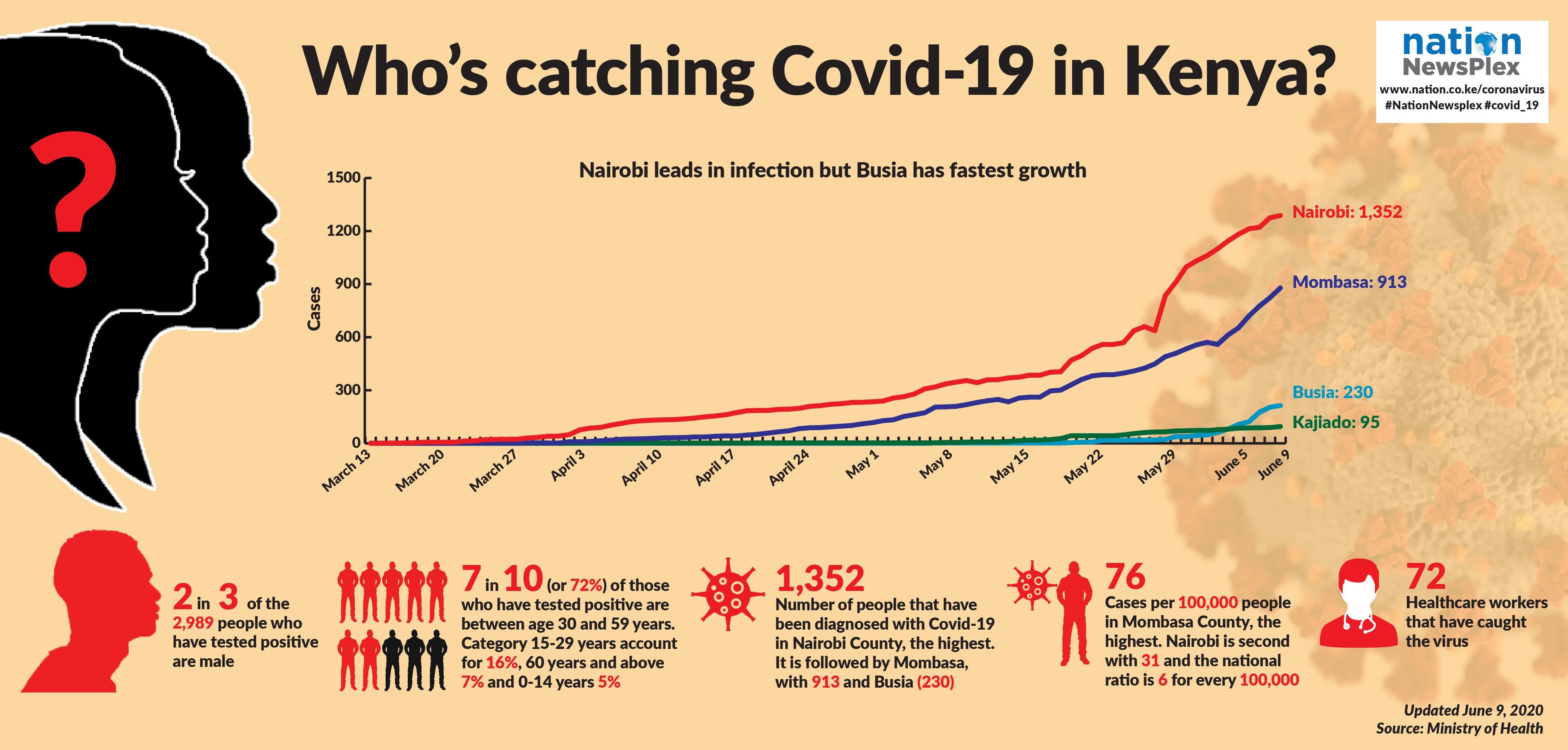How Moi's death set Twitter ablaze
"The King is dead, long live the King!" Kenya's longest-serving president, Daniel Toroitich arap Moi, passed on at 5.20 am on February 4, 2020, at Nairobi Hospital. Moi's 24-year rule saw a change of education system in the country, a coup attempt, change of political system, among many other affairs. When Kenyans took to Twitter to commemorate his life, the hashtag #RIPmoi, #MoiDead, #RIPPresidentMoi, #RIPMoiVictims, and #GoToHellMoi surfaced.
An analysis of these hashtags shows that Kenyans mainly remembered Moi's iron-fist rule, education, his press secretary Lee Njiru, Robert Ouko's death, and the free milk programme for primary school children. Certain key words were commonly used under each of the four categories as shown below.
The dictator who loved education
Two men, 138 years apart, shared a way of life. Frederick, the Great, ruler of the Kingdom of Prussia (Germany), governed his realm with an iron fist and introduced compulsory primary education. The Prussian system consisted of an eight-year course of primary school and four years of additional training (secondary) before another four years of tertiary education. President Moi must have read the decree made by Frederick in 1763 on general school law when he restructured the British education system in 1985 to suit Kenyan learning needs. As President, Moi went ahead and invested in several educational institutions such as Kabarak University, Moi High School Kabarak, Sacho High School, Sunshine Academy, Moi Educational Centre, among others. A tweet by @KelvinAgengo that got 356 retweets and 1,200 likes between February 4 and February 14 defined the legacy of the president. It reads:
“Moi was a teacher. As president, he focused on education. Kibaki was an economist. As president, he worked on the economy. Uhuru is a political scientist. As president, he has been politicking all through. Whoever comes next will not depart from the pattern. #RIPMoi.”
Others lauded him for his passion for education, but this conversation gets incorporated with his strong-armed approach in dealing with other facets of government business. A tweet by @kolinz_ captures the conversation. It reads:
“Mo1 only positive legacy was his commitment to promoting EDUCATION, apart from that everything else turned out to be disastrous! #RIPMoi.”
@bonifacemwangi leads the pack in the dictatorship accusations with the following tweet:
"We had a president, Moi, who was a dictator. He ruled the country with an iron fist, and anyone who dared question his authority was arrested, tortured, jailed or even killed. That meant that people were taught to be smart cowards, stay out of trouble. #RIPPresidentMoi."
The tweet elicited 108 responses, 772 retweets and 1,900 likes between February 4 and February 14.
@WitBites adds to the conversation:
“Kenyans and the rest of the world mourn the death of a Kenyan Great Leader, a "diplomatic dictator" as they say, widely remembered for his Nyayo "free milk" to pupils in primary schools. Rest in Peace Mzee Daniel Toroitich arap Moi. #RIPMoi #RIPPresidentMoi #RIPMzeeMoi.”
Sentiment analysis of the topics shows that only a small portion of tweets had a negative emotion and a majority of tweet happy on the president's education developments. On the “dictator” charge, the tweets are majorly hesitant (tentative) on passing judgement. A significant share of the tweets expressed sadness in the dictatorial manners of the president, as shown by the diagram on top of the page. The joy that characterised the mention of Dr Robert Ouko's name was in regard to the man and his deeds, not his death. His death and failure to solve the murder led to blame assigned to Moi who was seen to be involved in the cover-up.
The author is a data scientist. @blackorwa




